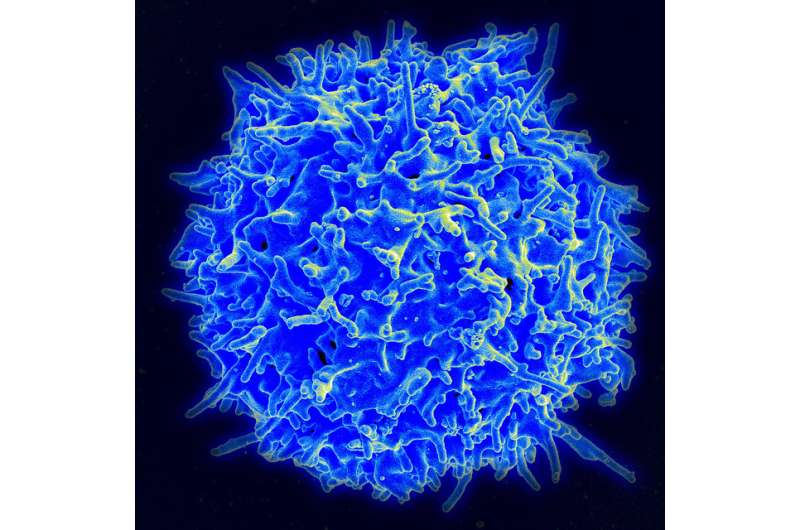U.S. Cuts Global Vaccine Funding: The Role of Philanthropy and Its Challenges

The U.S. reduces its support for global vaccination programs, increasing reliance on philanthropy which faces sustainability and influence challenges. Discover the impact on global health efforts.
The United States has significantly reduced its financial support for global vaccination initiatives, notably by cutting its funding for Gavi, the Vaccine Alliance, which is crucial in combating preventable diseases worldwide. This decision, announced during a period when the U.S. government is relaxing domestic vaccine requirements and decreasing research and development investments, has raised concerns about the future of global immunization efforts. Gavi, which has vaccinated over 1.1 billion children since 2000 and helped prevent more than 18 million deaths, depended heavily on U.S. contributions—accounting for approximately $3.7 billion from 2000 to early 2025. With the Trump administration halting funding and the Biden administration's promised support not materializing, Gavi faces a substantial financial shortfall.
In response to U.S. withdrawal, Gavi is increasingly relying on philanthropic sources, including major foundations like the Gates Foundation and corporate donors, to fill the funding gaps. However, this approach is not without issues. Critics point out that reliance on philanthropy can lead to uneven priorities, influence over vaccine choices, and challenges in building sustainable healthcare systems in low and middle-income countries. Many voices within these nations express concern about the lack of local control over health programs when funding and decision-making are dominated by external donors.
Furthermore, while philanthropy plays a vital role, experts warn it cannot replace the comprehensive support provided by government aid, which includes infrastructure, workforce development, and policy support. Foundations like Gates, despite their significant contributions, operate with a degree of independence that may not always align with local needs or priorities, raising questions about influence and sustainability.
The shift away from U.S. government funding underscores a broader challenge in global health: ensuring consistent, equitable, and locally accountable vaccination programs. As Gavi seeks to diversify its donor base and cut costs, the international community faces the risk of increased dependence on private philanthropy, which may not be sufficient to sustain the progress made over recent decades.
Ultimately, strengthening local health systems and securing stable, multilateral funding sources remain essential for achieving long-term global immunization goals and safeguarding against future health threats, such as contagious disease outbreaks that can spread rapidly through international travel.
Stay Updated with Mia's Feed
Get the latest health & wellness insights delivered straight to your inbox.
Related Articles
Kentucky Reports First Measles Outbreak of 2025 as US Approaches 30-Year High in Cases
Kentucky faces its first measles outbreak of 2025 amid a nationwide surge in cases, nearing a 30-year high. Urgent vaccination efforts are essential to prevent further spread of this highly contagious disease.
Extended Walking Duration Associated with Reduced Risk of Chronic Low Back Pain
Extending daily walking duration beyond 100 minutes may significantly lower the risk of developing chronic low back pain, according to recent research. Incorporate more walking into your routine for better spine health.
Innovative Engineered Antibodies Enable T-Cells to Target and Destroy Cytomegalovirus-Infected Cells
Researchers have engineered bispecific antibodies that direct T-cells to effectively target and eliminate cytomegalovirus-infected cells, offering new hope for immunocompromised patients battling CMV infections.



